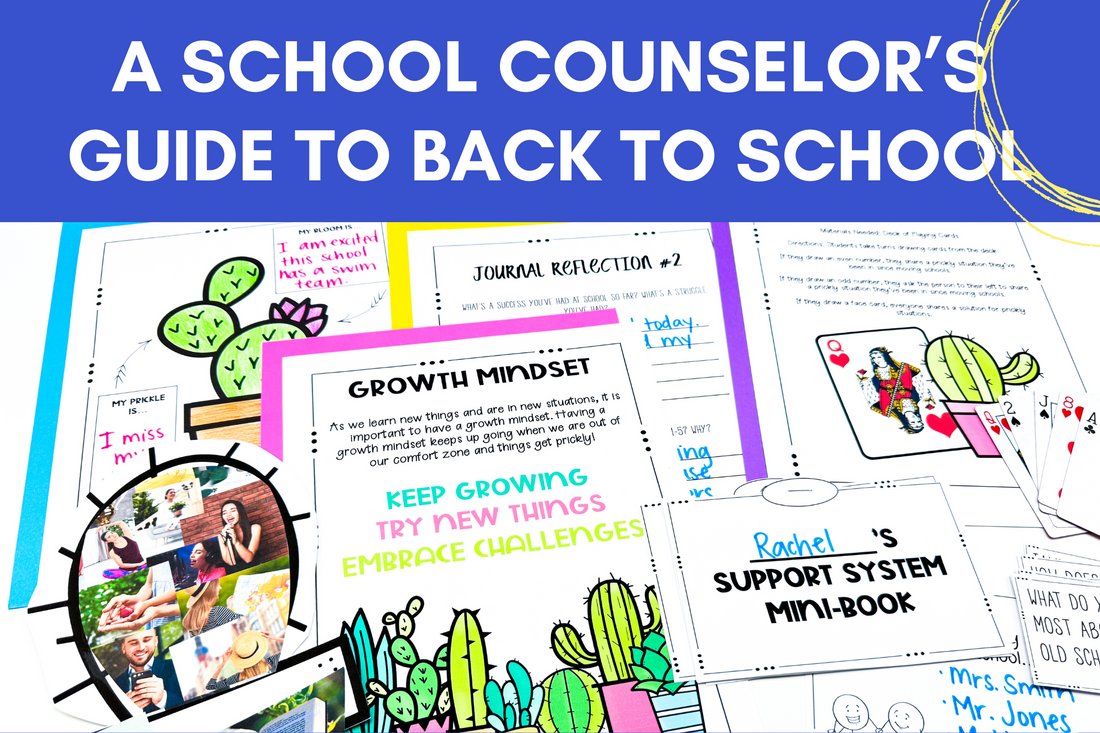HEY THERE, I'M RACHEL!
Counselor specializing in easy-to-implement strategies for busy school counselors.
I’m the counselor and curriculum designer behind Bright Futures Counseling, a community designed to offer counselors the support they need to feel confident serving their students well.
Learn More







